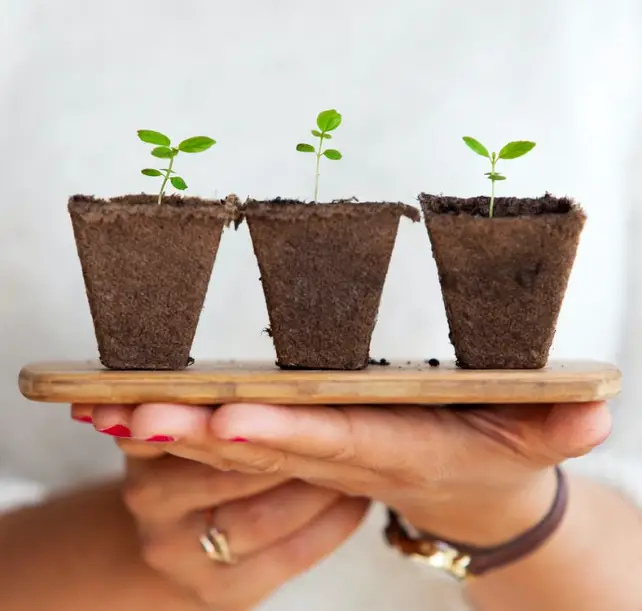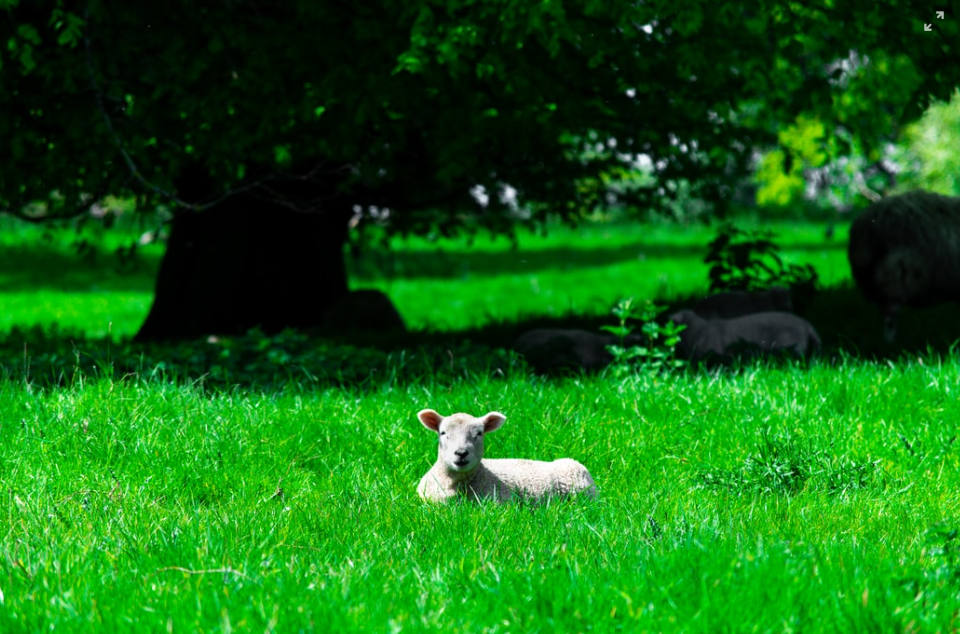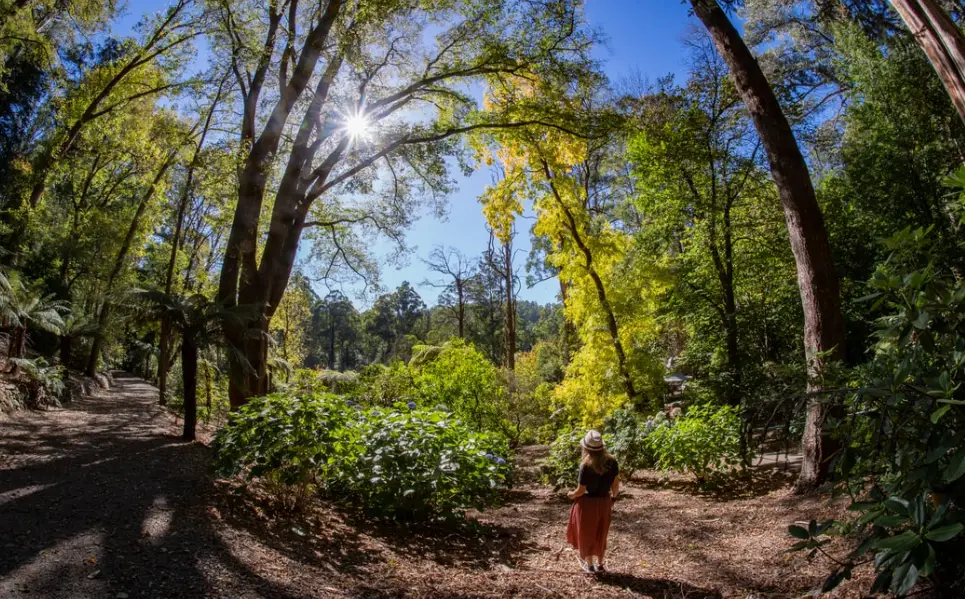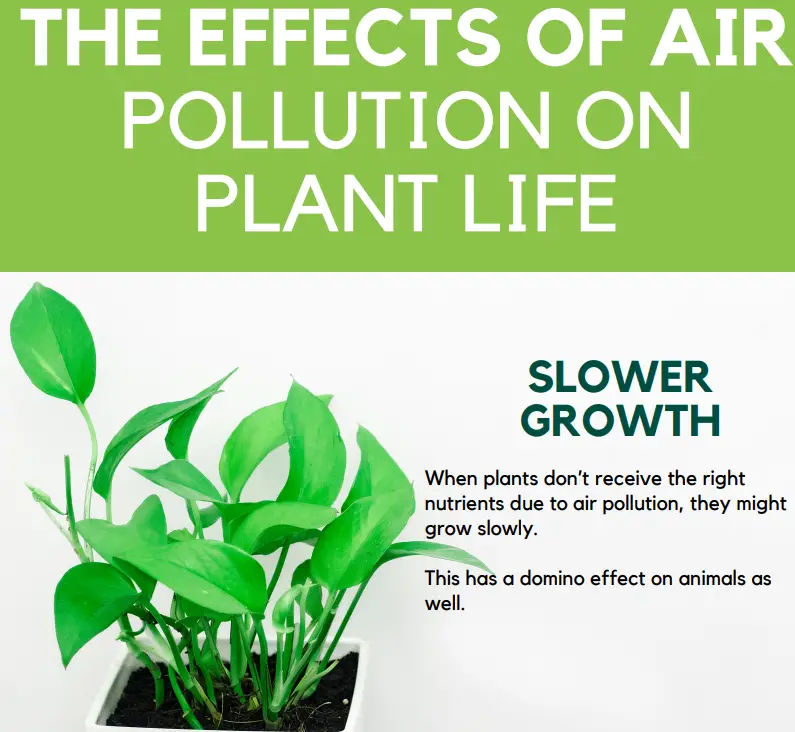
The effect of air pollution on plant life cannot be stressed further, but it can be lessened. It matters to you because plants are our saviors since they can absorb carbon dioxide that’s poisonous to humans and in return, deliver oxygen that’s clean enough for us to breathe.
Aside from the detrimental health effects of air pollution on humans, even plants have problems when it comes to handling pollution in excess. Can you imagine a world with fewer trees and flowers? Such a world would not only be less colorful but it would also cause problems for both animals and humans since we wouldn’t have any resources soon.
True enough, plants are nature’s cleaners so we have to protect them. Plants can’t walk out of a pot and tell us to stop using CFCs and pollutants, so we have to take the initiative.
How does air pollution affect plants?
Air pollution is not only nasty to humans but can also affect plants in a bad way. Here are ways they can do that to our green friends:
- They change the pH levels of the soil. There are types of air pollution that leave the particulate matter on the ground, which, in turn, can tweak the soil’s pH levels due to the chemicals that are present.
- They mess up photosynthesis. Because of air pollution debris, the stomata opening of the plants doesn’t work well, and thus, plants aren’t able to make food properly, which causes their growth to slow down.
- If plants die, they won’t be able to protect humans and animals. What we mean by this is that if plants slowly cease to exist due to air pollution problems, there won’t be anything to absorb the CO2 in our air. The CO2 removal of plants is a big step to cleaning our atmosphere from terrible air pollution.

What are the effects of air pollution on plants and animals?
Plants and animals are both living things and they’re both susceptible to the ill effects of air pollution:
| Slower growth | When plants don’t receive the right nutrients due to air pollution, they might grow slowly. This has a domino effect on animals as well. |
| Toxic chemicals | Both plants and animals can get sick due to toxic chemicals from air pollution debris.
Another good example of toxic chemicals from air pollution is in the form of acid rain. When acid rain falls, it might contaminate not only the soil but the plants and the animals, too. |
| Fewer resources | When plants die out of air pollution, most of our animals won’t have food.
Some animals also use trees, leaves, and twigs for shelter. Without healthy plants, animals won’t have decent shelters in the future. |
What is the effect of pollution on human health?
Humans are bound to have different kinds of respiratory diseases when they have prolonged exposure to air pollution, let alone urban traffic smoke and tobacco. While most can just be simple allergies, others end up with life-threatening lung problems.
People with hay fever or allergic rhinitis have a tough time in highly-polluted areas. Other than that, those who have asthma may also experience more difficulty in breathing. Since debris also flies around, without proper protection, they can get into your eyes and nose, which can also irritate.
Because human health is compromised with the prolonged effects of air pollution, people can get sick more often. In turn, productivity might also decrease since most of us might be using our sick leaves or going to the hospital for a check-up. Aside from regular dust, toxic chemicals from construction debris could also be detrimental to our health.

How can we prevent indoor air pollution?
Just because air pollution is there doesn’t mean we can’t do anything when it enters our home. There are many methods of controlling air pollution, such as the following:
- Regularly clean items. Clean up surfaces, mop floors, launder drapery and sofa covers, wash bed sheets, and the like. These activities are bound to lessen air pollution that might be distributed throughout your home due to accumulated dust.
- Impose a no-shoe policy. The reason why most cultures impose a rule to leave their shoes outside is to prevent the dust and pollution from the outside world from ever reaching your indoor space. It’s also a sign of respect for some.
- Try an air purifier. Due to their HEPA filter, air purifiers can capture dust and other debris so that they won’t bother your sleep routine so you won’t have any more sneezes. Most air purifiers nowadays are also portable and modern-looking so placing them around your home can be easy.
- Ventilate properly. Ventilation is important not just to keep you cool in the summer but also to help circulate the air so that air pollution won’t stay indoors forever. Try opening a bunch of windows and use you’re A/C or fan to drive the dust away. Don’t overdo it though – just open them enough to keep the bad air out and the fresh air in.
- Bathe and groom pets regularly. Pets such as dogs and cats can shed and leave dander in your indoor space. This is especially a concern for people with allergic rhinitis since they can get irritated even by such dander. If your pet usually goes outdoors, they might harbor most of the pollution from outside, so it’s important to keep them clean on a regular schedule – and do it outdoors.
Conclusion
We care about the air you breathe, and that’s why we want to let you know the ill effects of air pollution to our plants – the true ‘front liners’ when it comes to detoxifying the air.
Without plants, humans and animals can’t survive. This is why we need to know just how important they are in our ecosystem and to help prevent or lessen the effects of air pollution.
Bad air quality can be lessened with the right preventive measures. If you want to know more about air pollution, check out our infographic below (and feel free to share it).
CLICK THE LINK BELOW FOR YOUR FREE INFOGRAPHIC – PDF




